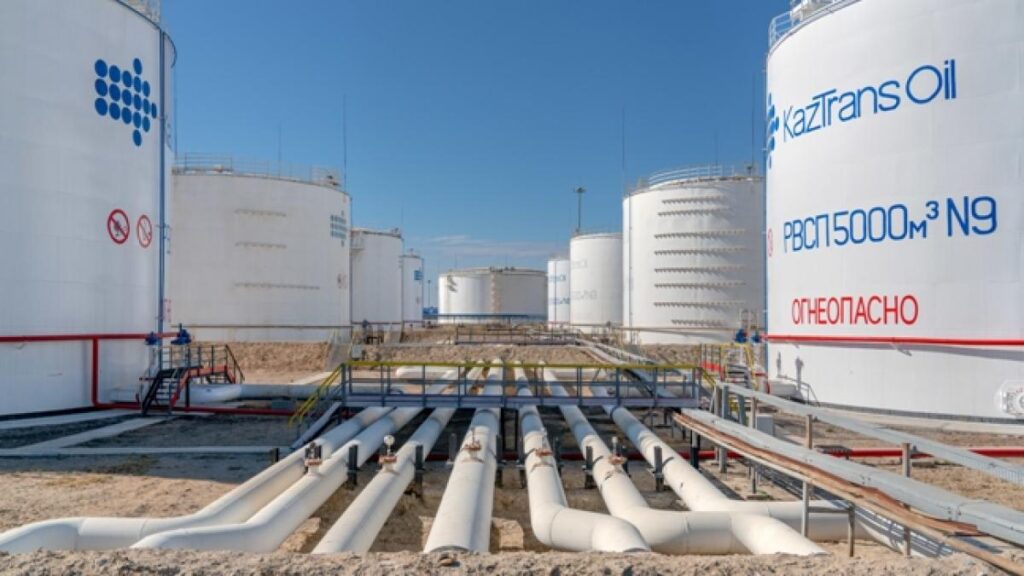New Concept Announced for the Development of Oil Refining in Kazakhstan
The Ministry of Energy of Kazakhstan has drafted a new Concept for the development of the country’s oil refining industry until 2050. The aim of the initiative is to ensure the country's energy security including a stable balance of production, consumption, and reserves in the domestic market of petroleum products, as well as a 100% supply of the domestic market’s oil products and their future exports. The previous medium-term Comprehensive Oil-Refining Development Plan provided for the reconstruction and modernization of the capacities of the Atyrau, Pavlodar and Shymkent refineries from 14 million to 17 million tons of motor fuel per year for the domestic market. The new Concept defines the basic principles and target indicators for the sustainable development of the oil refining industry until 2050, taking into account regional and global challenges, in order to provide the economy with domestic petroleum products, export domestic petroleum products, and increase the industry’s contribution to the country’s GDP. The ultimate goal of the Concept is to ensure the competitiveness of Kazakhstan’s refineries through sustainable and advanced development, attracting investments and concentrating resources in response to modern regional and global challenges.






